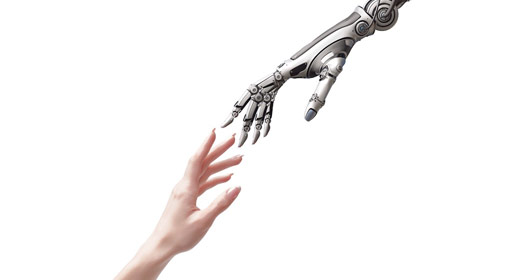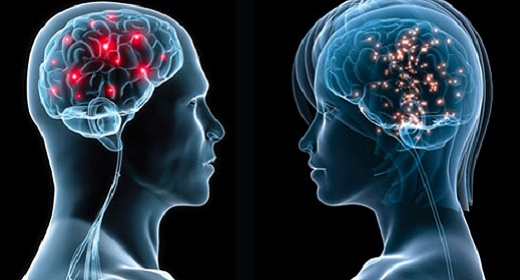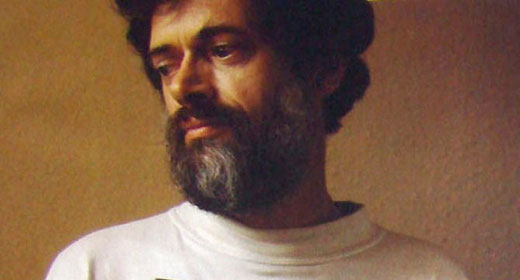by Kyle Alspach: The MIT-trained inventor calls AI “the pivotal technology” in human progress…
There’s a rift emerging among the members of the tech super-geniuses club. It’s not about matters of human intelligence, though. Physicist Stephen Hawking and Tesla/SpaceX founder Elon Musk have both recently warned that our sci-fi nightmares about artificial intelligence could actually come true in our lifetimes.
Here’s what Musk, for instance, said during a recent stop at MIT:
I think we should be very careful about artificial intelligence. Our biggest existential threat is probably that … There should be some regulatory oversight at the national and international level, just to make sure that we don’t do something very foolish. With artificial intelligence we are summoning the demon. In all those stories where there’s the guy with the pentagram and the holy water, it’s like, he’s sure he can control the demon. Didn’t work out.
It’s probably no surprise that Ray Kurzweil, the prolific inventor, MIT-trained artificial intelligence pioneer and author of several books on AI, sees computer intelligence as something pretty far short of demon-summoning.
On Friday, he decided to make his position crystal clear to the world. Kurzweil took to TIME to strike back against the likes of Musk and Hawking—and in Hawking’s case, even took a bit of a swipe, noting that AI is “helping the disabled (including providing Hawking’s voice).”
In short, Kurzweil argued that following ethical guidelines—made possible by strong government and social structures—should ensure that Skynet doesn’t happen:
Ultimately, the most important approach we can take to keep AI safe is to work on our human governance and social institutions. We are already a human-machine civilization. The best way to avoid destructive conflict in the future is to continue the advance of our social ideals, which has already greatly reduced violence.
And, Kurzweil argued, we shouldn’t discount the importance of AI in our world—from helping to cure disease and treat disabilities, advance renewable energy and bring education to people around the globe: We have the opportunity in the decades ahead to make major strides in addressing the grand challenges of humanity. AI will be the pivotal technology in achieving this progress. We have a moral imperative to realize this promise while controlling the peril.










































